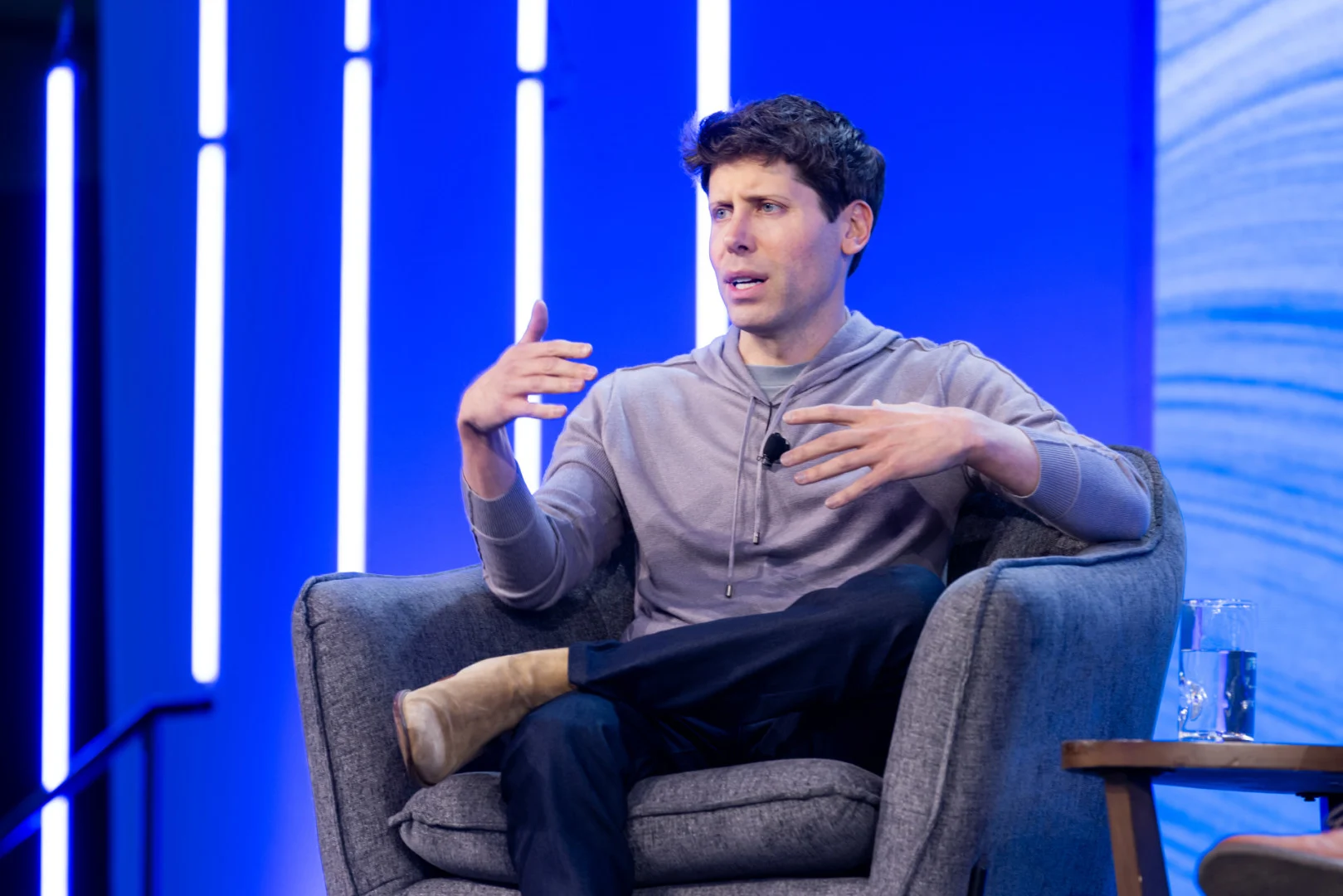You tweeted in 2014 that AI will either be the best or worst thing ever, with the highest volatility of any technology. How has AI lived up to your expectations?
I am much more confident about the ability today to manage this than I was in 2014. I originally believed that AI could become agents that learned to play increasingly complex games to ultimately beat humans, which did not seem like a great trajectory. Today, we have optimised our systems and work in a way that we can see what we are doing step by step.
We must still treat this with extreme seriousness. There is legitimate risk, but through the hard work of those at OpenAI and other AGI laboratories, we are making significant progress.
What would you say to those who are worried about AI?
At some level, I fundamentally agree with you. AI is a software that can learn, which is difficult to overstate the importance of, and is capable of doing more sophisticated tasks and solving increasingly complex problems. This will shift the way the world works. At minimum, things will move faster and the capability of individuals will evolve.
How do you lead OpenAI differently from your previous companies?
While there are certain transferable skills, I prefer to view every opportunity with fresh eyes to solve what is in front of me. With OpenAI, we went against the advice from our investors, Y Combinator. We took four and a half years to launch our product and built this technology without any idea of who our customer would be and what they would use this for. This allowed us to build ChatGPT incredibly well and is now delivering real value to people.
What were the biggest challenges you faced in the early days of OpenAI?
The beginning of OpenAI was tough. Our products weren’t working and we were being mocked by everyone serious in the field. While we found some success in projects like Dota, which allowed us to raise money from Microsoft to create the GPT series, we just didn't have working technical progress and were being outgunned by competition. Our excitement in AI fuelled our motivation to keep going.
Because we didn’t have a customer base, we had to rediscover how to run a research lab to sustain our internal momentum. We had to learn how to create external touchpoints for our own sanity, equivalent to customer feedback.
How does OpenAI balance product and research?
We are in such a steep part of the technology discovery process, which leads our structure to constantly change. Instead, we pride ourselves in creating a truth-seeking research culture. We want the AI industry at large to succeed – whether that is our product or not – and will follow the truth wherever it leads us.
What are your favourite features of ChatGPT?
Ultimately, my favourite feature is its user interface. ChatGPT’s language is more direct and more natural to the point we can use it to simply explain complex concepts. Today, we’re seeing people use AI as a tutor to learn new information. One of the ways we see this happen with Stripe is using ChatGPT as a research assistant. AI can quickly offer the relevant data, resulting in a productivity boost for the user.
We want the AI industry at large to succeed – whether that is our product or not – and will follow the truth wherever it leads us.
What is next for OpenAI?
Beyond just new products, we are excited about technological development, such as multi-modality. We strive to create a system that doesn’t only interact with text, but also audio, images, and video. In the long term, we are considering a system that can generate new knowledge.
How does competition impact the AI industry?
The competition helps fuel our creativity. Similar to how athletes feel in a sports game or Apple and Microsoft in the early days of computing, there’s a strong desire to outpace the competition. At the same time, however, those on the frontier understand what’s at stake and we share a desire for AI to benefit society.
This leads to a deeper appreciation and collaboration than what I’ve seen in the technology space previously. This collaboration is primarily among leaders of AI labs, but is increasingly involving governments and regulatory bodies. For example, the International Atomic Energy Agency, which focuses on nuclear sciences, is working to create an AI training system. We believe there should be regulatory authority over the deployment of these systems.
What do you want to see people develop in AI?
I want to see new designs of interface models, particularly as we move away from the chatbot interface. I am also amazed at how AI is being used in education, which I suspect can be taken much further.
With Stripe, we work in an extraordinary number of verticals with SaaS companies who are providing softwares for niche audiences, and yet are extremely popular. We’ve seen a company create a management software for Boy Scouts, which I would have never considered. With AI, we’ll be seeing much greater SaaS breakthroughs that are distributed more evenly across the economy.
What is your advice for companies looking to adopt AI within their business?
We’re seeing a huge divergence in internal productivity between those who embrace AI and those who do not. Regardless of your business, AI can drastically improve productivity per unit time. When you think of your goals over the next three or five years, those who are using this technology will be able to move at much faster rates.
As one of the first angel investors in Stripe, why did you invest in Stripe?
Stripe’s mission is to remove the friction out of economic transactions, and I recognised that would enable tremendous growth, making purchases happen faster, cheaper, better, and more accessible. Stripe has outperformed everyone’s expectations.
How do you see GPT-4 and Stripe’s integration builder working together in the future?
We’re still determining what this collaboration will look like. We’re testing different versions to better understand customer desires: do they prefer one centralised chatbot for their entire workflow, or a chat interface everywhere? We also want to keep privacy at the forefront, as we recognise how sensitive data is. We do not track data submitted to the API, and we want businesses to feel confident and comfortable using these tools without fear that we are collecting their information to improve our models.
Our goal is to astonish people in how much intelligence they get with an affordable price point. We want to make the model smart, simple, and stable long-term, which will ultimately lift up the entire technology industry.
Watch the full conversation between John Collison and Sam Altman here.
Stripe’s mission is to remove the friction out of economic transactions, and I recognised that would enable tremendous growth, making purchases happen faster, chapter, better, and more accessible.


